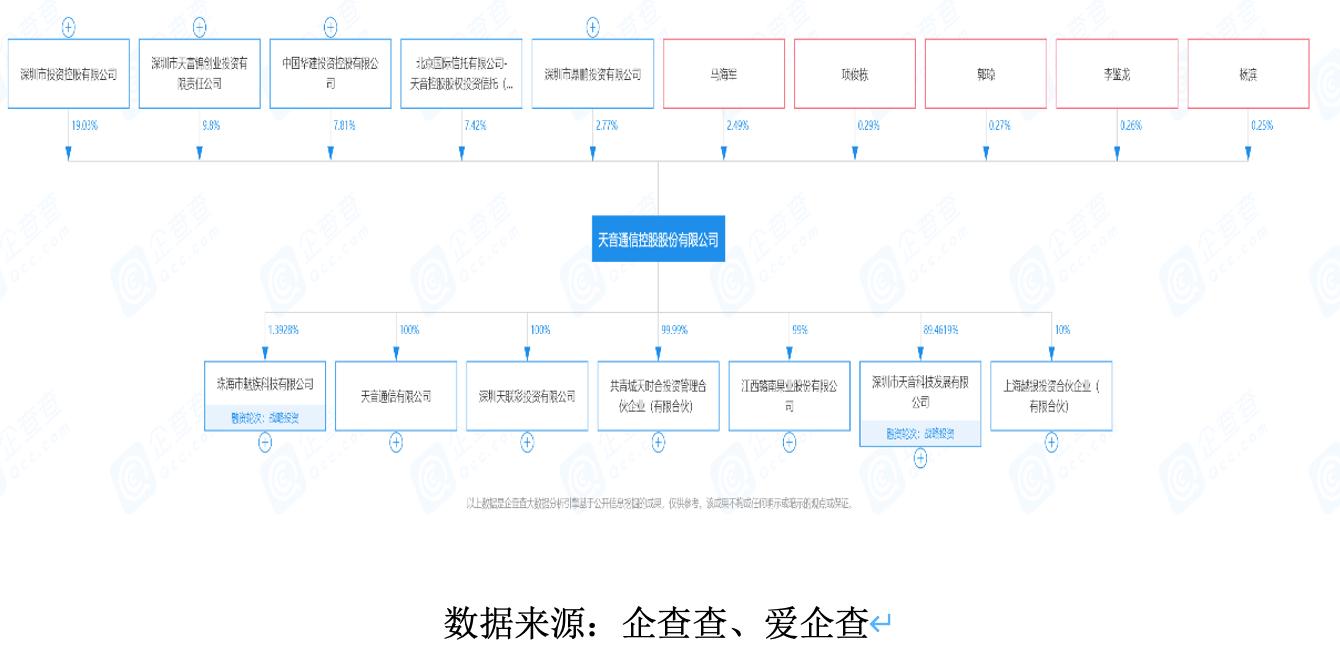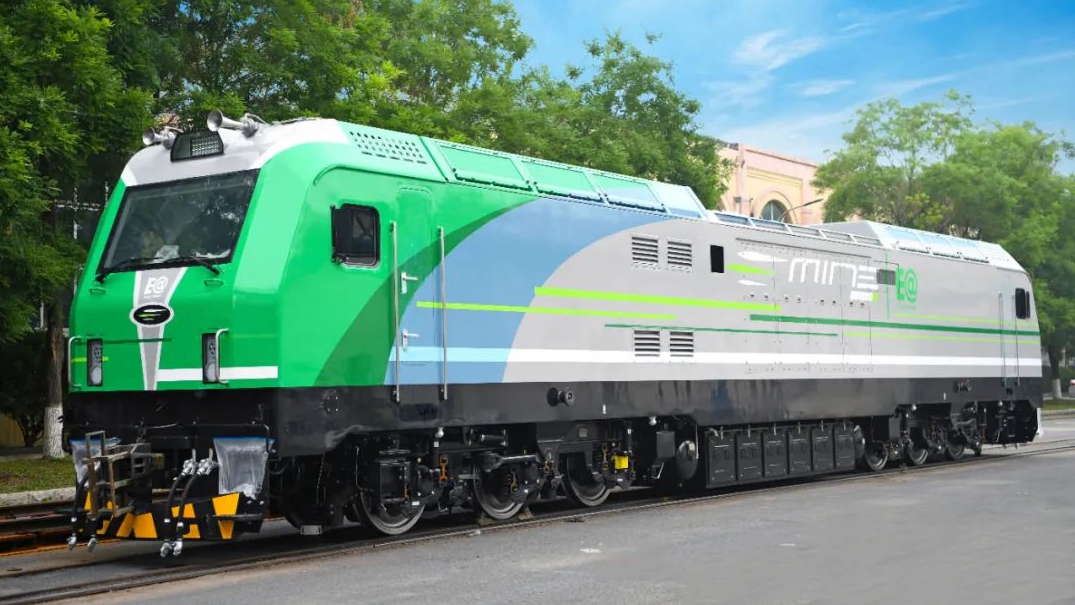Hold onto your hats, folks! Toyota is seriously eyeing a production shift for its incredibly popular RAV4 SUV – right here in the US. Three sources close to the matter are buzzing about this, and it’s all thanks to the looming threat of Trump’s potential 25% auto tariffs. Let’s be clear: this isn’t just about avoiding tariffs, it’s about protecting their bottom line, and maintaining market dominance.

Currently, RAV4s roll off assembly lines in Kentucky, Canada, and Japan. The original plan involved importing the next generation from Canada and Japan. But now, Kentucky is stepping into the spotlight. Why? Simple. It’s a strategic move to buffer against, not just American tariffs, but also the relentless volatility of the Japanese Yen.
Let’s unpack this a bit. Here’s what you need to know about the forces at play:
Understanding Auto Tariffs: Tariffs are taxes on imported goods. When these rise, the cost of importing cars spikes, eating into profits or forcing price hikes for consumers.
Currency Risk: A strong Yen makes Japanese exports more expensive for US buyers. Toyota’s hedging against this by potentially locating production within the US.
Supply Chain Resilience: Diversifying production locations isn’t just a tariff play; it builds a more resilient supply chain, less vulnerable to geopolitical shocks. It’s a lesson many automakers are finally learning.
The Bigger Picture: This move highlights a critical trend: global automakers are waking up to the realities of a shifting trade landscape. They’re realizing ‘just-in-time’ global supply chains are looking less and less ‘just-in-time’ and more like potential disasters. Toyota isn’t alone in rethinking its strategies. This is a signal – a big one – that we’re entering a new era of localized production.



